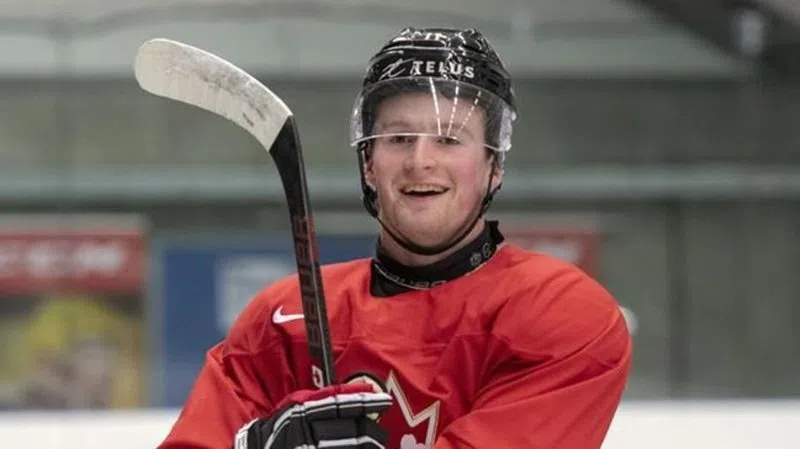
‘The work is still getting done’: NHL teams preparing for unusual draft
Vancouver Canucks general manager Jim Benning and his NHL counterparts usually have the luxury of a picture that’s mostly come into focus.
A normal draft year will see scouts and executives spend the spring crisscrossing Europe and North America collecting every scrap of information possible on hockey’s next crop of high-end talent.
They watch games, talk to those closest to the prospects, conduct in-person interviews with players and examine physical testing results. The under-18 world championships, Canadian Hockey League playoffs and Memorial Cup are all on the list of must-see events.
The circumstances surrounding a 2020 NHL draft and the COVID-19 pandemic, however, aren’t anything resembling normal.


